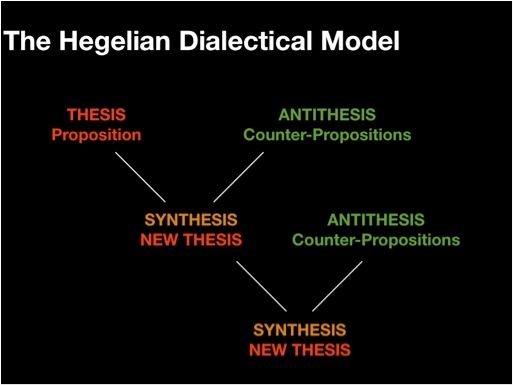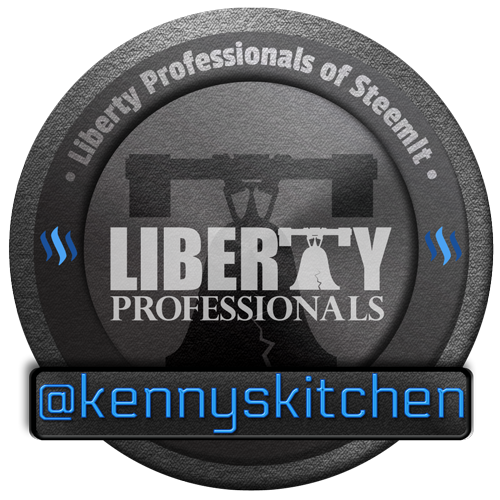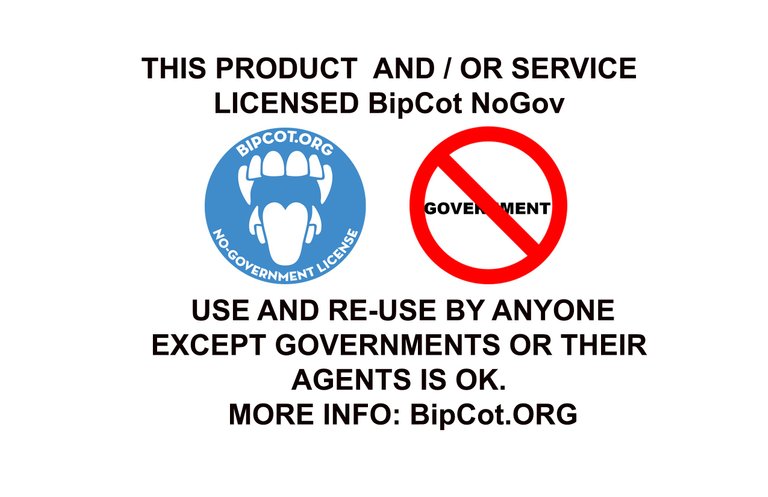One of my big focuses in my self-work, and which I am always sharing with those around me (sometimes in mildly fun-poking ways) is a dedication to re-writing my speech patterns and replacing words/phrases that are limiting, dis-empowering, or totally illogical. Often times, these things are simply some kind of cultural programming that many of us have unwittingly taken into ourselves, and we don't even realize the effect they are having on our experience, our communication, and our impact on others.
Image Source

Today I'd like to discuss one of these phrases, and what I've been really focusing on replacing it with. So often, I hear folks say "yes, but..." in response to an idea of some kind. In my experience, this actually has two potential meanings:
- The responder wasn't even really listening, and was simply waiting for their opportunity to speak. In these cases the "yes" was just thrown in basically as attempt to hide the fact that the person speaking was being ignored.
- The responder was listening, and is offering the "yes" to basically mean "I heard what you said", then moving onto the "but" because they disagree with what was said and want to focus on their own interpretation/idea instead.
In either case, the "yes, but" is shutting down whatever the first person shared, where a "yes, and" is acknowledging their point, and expanding on it. I wrote extensively about the idea of debate vs. dialectic a handful of months ago, and this seems to align well with that, although in this case I'm not just focusing on that kind of discussion, but anywhere that we are communicating with others. If we are going back and forth shutting down each others' points, then the chances that anything new is going to come out of our interaction is almost 0. On the other hand, if we are actually receiving each others' points and building on them (or asking questions to dive deeper into them), then it is almost assured that something new will result from the interaction.

Image Source
Compassionate communication
These things don't just come up in logical/idea-based conversations, but also in our emotional/experiential realms. In those kind of conversations, I think that the use of "yes, and" is even more important, because to say "yes, but" is almost always going to involve some form of negating or not acknowledging the other person's experience.
For example, let's say that you and I had an argument last week (topic & situation don't matter much for this), and we have come back together to discuss it and hopefully make things right. One of us is going to end up speaking first, and the other will inevitably be the one replying, and the way that we go about it can either be compassionate, acknowledging that person's experience and offering our own, or it can be callous, attempting to overwrite their experience with our own, and often closing off communication completely (or turning it into another argument).
I was a little blown away over this past week of difficult conversations just how often I started to say "yes, but" before stopping myself. Especially in those situations I would then take the opportunity to breathe and feel into what was just said, and to clearly and verbally acknowledge what had just been said, before going onto whatever additional thought I had, or how my own experience had been different from that which was just shared with me.
Image Source

Your Thoughts?
I feel like I could go so deep into this topics (and I may just add more in here at some point, we'll see :-) One thing that I resonated with while I was writing this piece was an article called Countering the “Culture of Critique”: The “Yes, and….” exercise.
It's very interesting how this article came together, as it actually started as a conversation with my beloved about Connected Knowing vs Separate Knowing, wherein the "yes, and" & "yes, but" were metaphors for the way that people think differently and approach new ideas/situations. I haven't fully dived into that topic yet, in large part because many of the resources are behind pay-walls and other informational gate-keepers, so I will work on freeing those documents and doing another piece that focuses on that idea more directly.
It seems that the original research is from: Women’s ways of knowing: The development of self, voice, and mind (Belenky, M. F., Clinchy, B. M., Goldberger, N. R., & Tarule, J. M. (1986))
The pieces I could find so far relating to the topic that are neither hidden from the public or 3-paragraph summaries (there's a lot of those) are:

If you enjoyed this, you may enjoy some of these highlights of my blog:



This is an awesome post. I am also trying to become much more mindful of my speech and thought patterns, but i think i am way further behind than you are. I literally about 10 minutes ago left a comment on another persons blog, and a minute or so after realised that something i wrote was really judgemental and unfair (not towards the person, but the people involved in the topic) so i went back to edit it, but instead of just editing the comment i added onto the bottom that i came back to edit this post and explained why. To hopefully encourage others to be a bit more mindful of their use of language too.
I want to go off and read several of your links but it is way past my bed time, but ill definitely be back to check them out, and will now be trying to stop myself with the "yes, but" , i do this a lot my self.
Thanks for dropping in, and I'm so glad this post resonated with you :-)
I would say that your level of awareness, and the way you reacted to what you felt was a "wrong" action is about where I'm at most of the time. I try to keep my content in that sweet spot where I am being honest about where I am right now, while also visualizing my aspirational self and focusing on the way that I am making efforts to be.
Looking forward to any feedback you may have on my other content :-) Sleep well family, I'm following you now!
Aww what a lovely comment :)
Yes we will definitely chat again!
You've made a really good point. I'm going to watch my speech and others' around me, and play around with this idea a little.
@kennyskitchen you took me 12 years back to my first corporate learning. No "buts" it was in one of e- mail writing session taught in MNC to desl with cluent query. We were taught never to use BUT in your email . I curiously asked why....the trainer said. " But " always create a doubt in readers or listenrs mind. Instead you can use " however " which will make your sentence more affirmative. Though these are very minute things but hold very important position while dealing with clients.....so no " Buts" in my sentence...except in case inhave certain amount of doubt
Posted using Partiko Android
Hi @kennyskitchen!
Your UA account score is currently 6.288 which ranks you at #200 across all Steem accounts.
Your rank has not changed in the last three days.Your post was upvoted by @steem-ua, new Steem dApp, using UserAuthority for algorithmic post curation!
In our last Algorithmic Curation Round, consisting of 236 contributions, your post is ranked at #53.
Evaluation of your UA score:
Feel free to join our @steem-ua Discord server
I agree with that idea that a lot of the time we say "yes, but" as we have already thought of what we want to say. And this lacks empathy and true active listening. However, conjunctions are needed when we want to create a rebuttal. So maybe instead of saying "yes, but" we say "yes, I see where your coming from (comment on what was being said), however, have you thought about...?" This way it is a little more polite. That's just my two cents though.
I absolutely agree. If I'm going to make a counterpoint/rebuttal, I find it quite valuable to preface it by acknowledging the other person's point, potentially by repeating it or at least stating how I understood what they said, and stating where I do agree, and then moving into where disagreement exists.